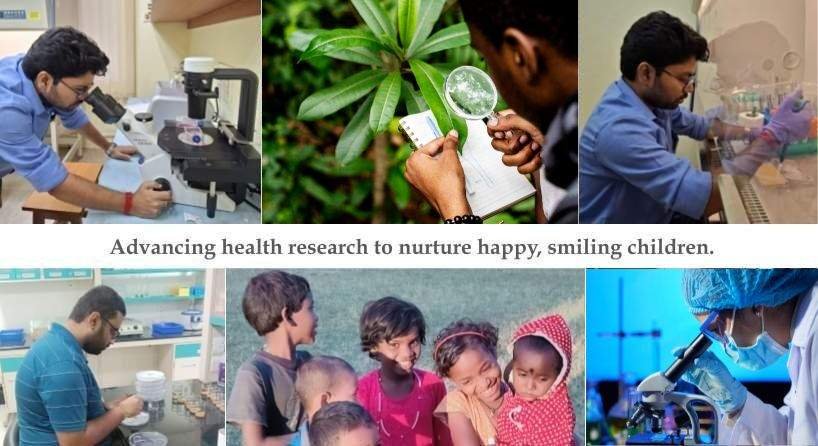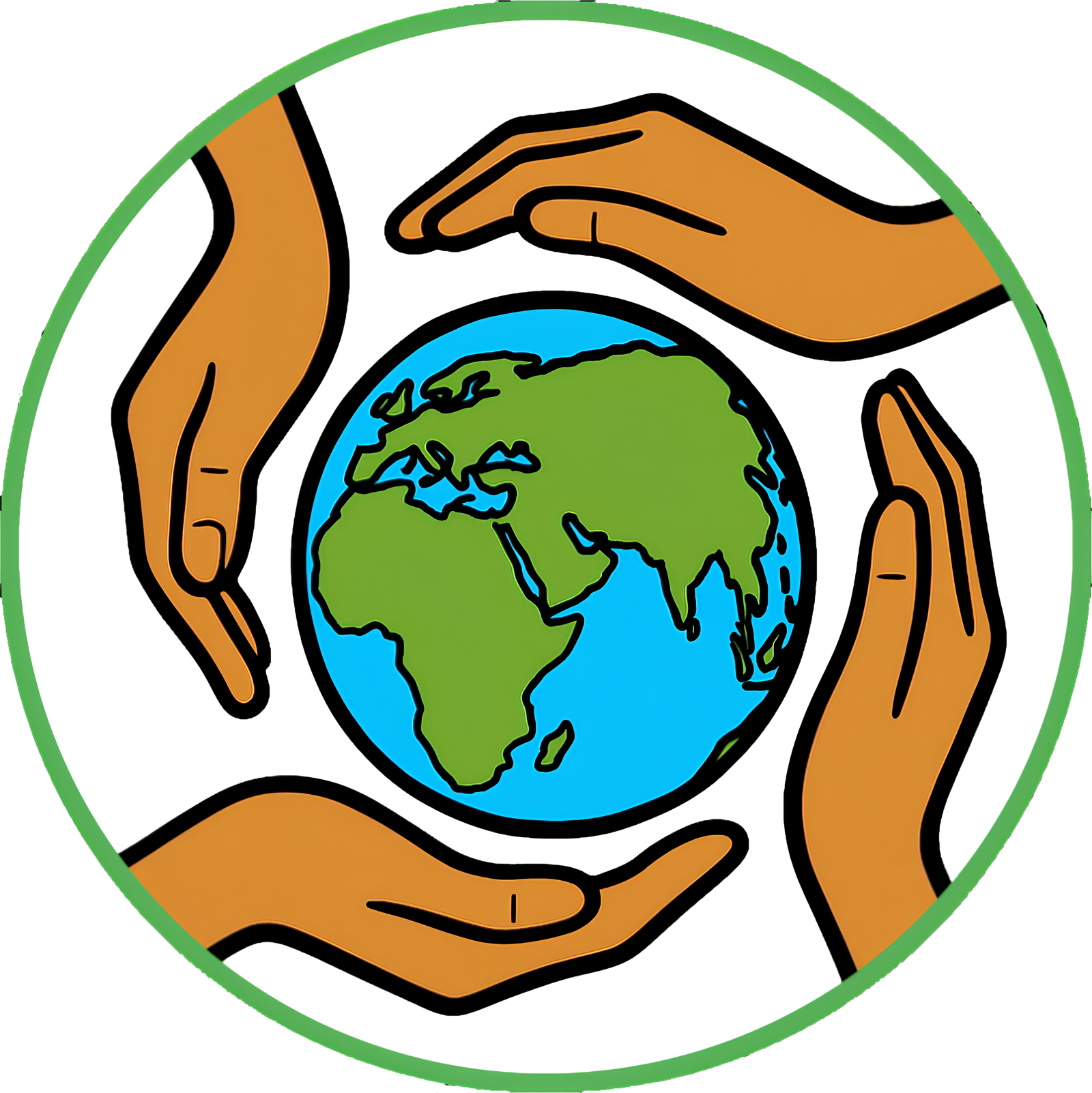
India’s healthcare system is changing quickly, and ETF will be vital in determining how public health and family welfare develop in the future. ETF may strengthen local communities, increase access to treatment, and tackle the nation’s most urgent health issues by adopting cutting-edge research methodologies and cooperating with national policy. Here are several ways that lobbying, cooperation, and research certainly help us have a revolutionary effect.
Community-Based Participatory Research’s (CBPR)
Community-Based Participatory Research (CBPR), a strategy that actively engages local people in the research process, lies at the core of effective public health interventions. Organization like us can better understand the health issues that people deal with on a daily basis by collaborating with community members, such as women’s organizations, local leaders, or ASHA employees. In addition to making health interventions more relevant and trustworthy, this participatory method gives the community a sense of empowerment and ownership. CBPR guarantees that interventions are both successful and appropriate for the local context, whether it be investigating obstacles to maternal health in rural areas or addressing local food practices.
Working Together for Impact: Government and Academic Collaborations
By collaborating with government agencies and academic institutions like ICMR, AIIMS, and international organizations like the WHO, nonprofits can increase their influence. These partnerships give access to finance for research, credibility, and technical know-how. For instance, we may collaborate with ICMR on research on antimicrobial resistance (AMR) in rural clinics, assisting in the collection of information and the application of solutions that are important to the entire country. These kinds of collaborations enable us to increase their capacity for research while also guaranteeing that their efforts have a wider impact on public health policies.
Implementation Research: Turning Knowledge into Action
ETF implements research, which examines how effectively current programs function in actual environments, as an alternative to constantly concentrating on creating new health interventions. This kind of study explains why some programs, such as immunization campaigns or maternal health efforts, could not be having the desired effect in some places. For example, despite great awareness, a non-profit might look into why institutional deliveries are still low in some rural towns. Implementation research helps maximize program delivery and increase the efficacy of current solutions by recognizing and resolving real-world obstacles,
Harnessing the Power of Digital Tools
Low-cost digital solutions like ODK, CommCare, and SurveyCTO can completely transform data collection in remote locations in the current digital era. Field workers can gather real-time data on health issues using these mobile-based tools, such as tracking vaccination rates or child malnutrition instances. ETF will increase data accuracy, expedite reporting, and enhance decision-making by automating the process. Furthermore, because these tools are scalable, NGOs may carry out extensive health projects even in the most difficult settings.
Advocacy-Driven Research for Policy Change
Research has the power to influence policy change in addition to informing interventions. ETF will use evidence to support more inclusive policies by gathering and evaluating data on health disparities, such as the mental health needs of LGBTQ+ groups or maternal health outcomes in underserved regions. For instance, highlighting the particular health issues that Dalit or Adivasi communities confront can support the development of focused health initiatives that cater to their need. ETF is the foundation of win funds, influence public policy, and guarantee that the most disadvantaged populations receive the attention they need with the help of advocacy-driven research.

Building Local Capacity for Sustainable Change
Investing in local health workers’ capacity building is crucial for long-term effects. ETF will create a long-lasting research culture within the community by educating participants about data analysis, ethics, and research methodologies. Better health outcomes and a self-sustaining model of care result from local workers taking control of their health systems through workshops on maternal death audits or health data interpretation. The secret to guaranteeing that health gains persist after the ETF’s initial engagement is over is this investment in local capacity.
Aligning with India’s National Health Policies
India’s health policies, including Ayushman Bharat and the National Health Policy (NHP) 2017, provide a framework that encourages us to do public health research and provide services. These policies prioritize primary care strengthening, universal health coverage, and tackling the growing burden of mental health and non-communicable diseases (NCDs). By providing services like diabetes and hypertension testing, preventive care, and mental health programs, ETF will be extremely helpful in achieving these goals. The National Mental Health Policy and initiatives like Ayushman Bharat enable us to deliver essential treatments in underprivileged communities, particularly in rural and isolated locations.
Additionally, we have a platform to incorporate digital tools into healthcare delivery under the National Digital Health Mission (NDHM). ETF will assist telemedicine, enhance data interoperability, and offer digital health services to underserved communities by taking part in this project. Similarly, ETF can create programs that focus on maternal health, adolescent sexual health, and youth mental health through policies like the National Youth Policy (2014) and the National Policy for Women (Draft 2016).
The Path Forward: Collaboration and Growth
We will work with District Health Societies for localized solutions, seek technical relationships with organizations like PHFI, ICMR, and CSIR, and make the most of the NITI Aayog NGO Darpan portal for funds and recognition in order to have the most possible impact. ETF is building a strong ecosystem for community-driven, evidence-based health interventions that tackle India’s most urgent health issues by coordinating their work with these frameworks and regulations.
Conclusion
ETF will make a significant contribution to family welfare and public health in India thanks to the country’s health policy environment. Nonprofit organizations have the means to effect long-lasting change through policy advocacy, digital innovation, strategic alliances, and community-driven research. We, the ETF, communities, and legislators may collaborate to create a more equitable and healthy future for everybody.

